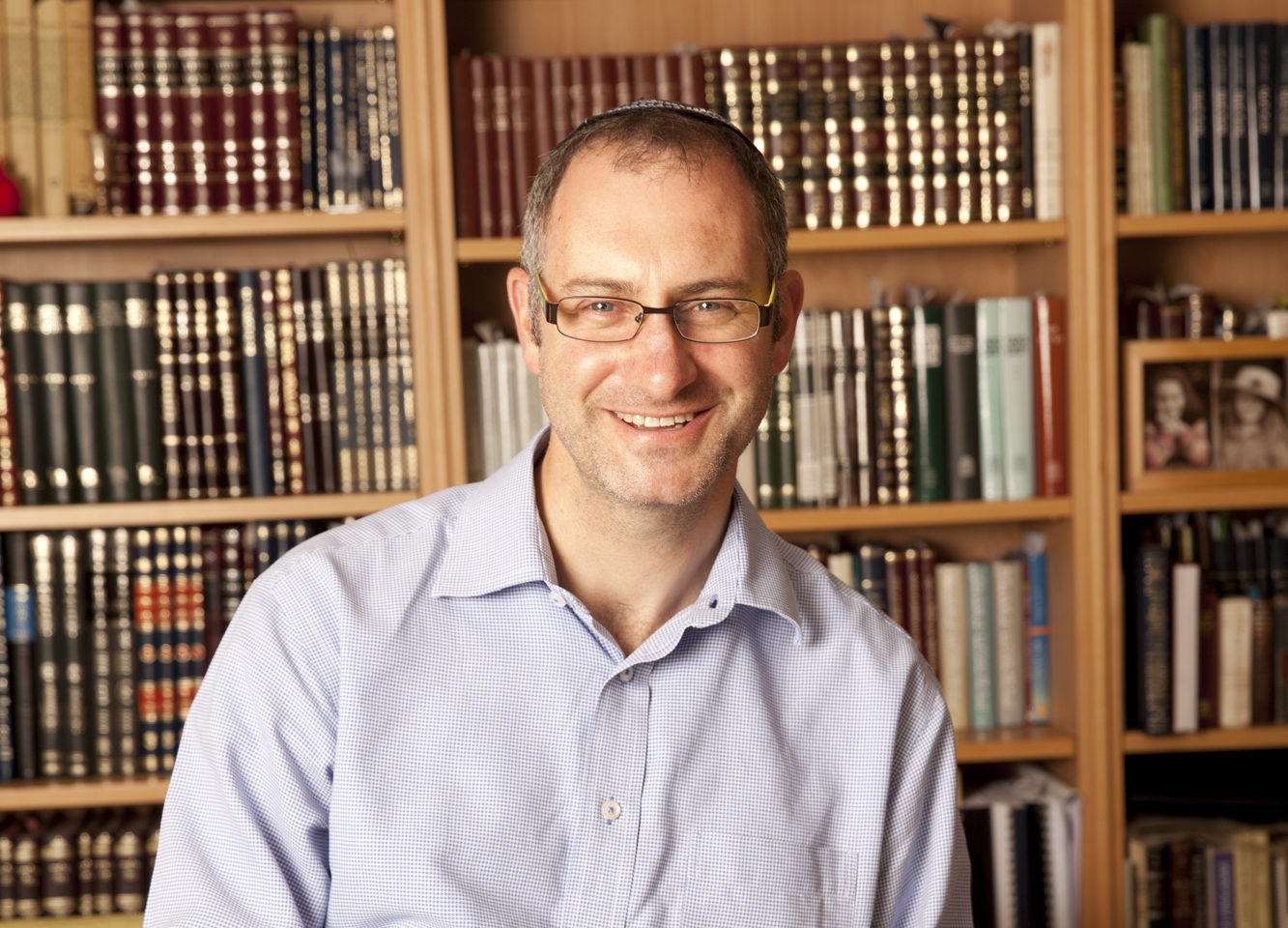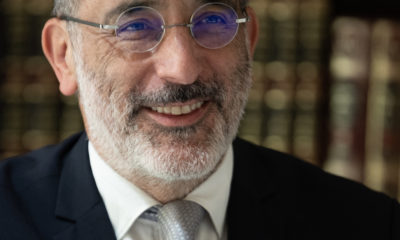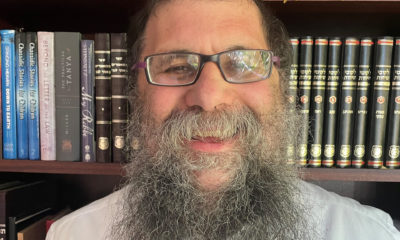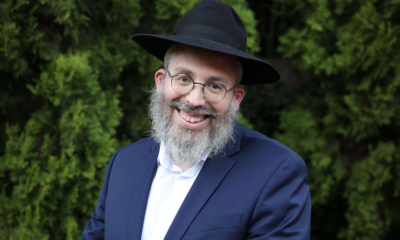
Religion

The many faces of freedom
Priya Parker in The Art of Gathering relates how she once visited a teahouse in Japan and participated in a traditional Japanese tea ceremony. The tea master shared with her an ancient teaching to keep in mind, “ichi-go ichi-e”, which translates to “one meeting, one moment in your life that will never happen again”. She goes on to call this the Passover principle because early in the seder we ask, “How is this night different from all other nights?” Of course, we want to give a technical answer to the question, but the question serves more to orient us in the evening. Why have we gathered? In what way will this gathering be different from any other?
We gather to celebrate our freedom, physical and spiritual. We relate what it means to have been a slave, and our deep appreciation for having been redeemed by Hashem, and yet in these broad strokes, we tend to miss the many facets of freedom that appear in the Haggadah. Let me share two of them with you: the freedom of time and the freedom of expression.
The freedom of time
The seder begins with kiddush, which is in essence the sanctification of time. Everything exists within time, but only man understands the qualitative value of time. He or she can reflect on the past, experience the present, and anticipate the future. That said, the slave lacks the time experience, living at the command of his master. Thus, the first commandment to the newly born nation while still in Egypt was, “This month shall be for you the first of all months.” (Exodus 12:1).
Consider what commandment you would have chosen to have given to the people first if you had been in G-d’s proverbial shoes. This seems to be a strange choice, if not as the Italian commentator, Seforno, explains that as slaves, the Jews had no freedom to determine how they would use time. Now, on the threshold of freedom, they are to receive the gift of time, the ability to choose how to use time, the autonomy to determine and shape the use of their time. The seder places the first stage of freedom and our first challenge before us: how will we choose to use our time? How will we sanctify time? The Jews were required as slaves to work endlessly and gather straw day and night. They were so busy, they had no time to contemplate freedom or consider the gift of time. In our busy lives today, often taken up by a tremendous amount of time wasting as we surf from one news site to the next, mindlessly follow Instagram, Facebook, or TikTok, or addictively play computer games, the seder refocuses us by asking how we will sanctify the gift of time.
The freedom of expression
Another manifestation of slavery is the inability to speak freely. To be under the command of Pharaoh meant the suppression of the freedom of speech. In our modern age, we see this in various parts of the world where there’s no freedom of the press or limited access to social media. If we were given the opportunity to name the festival, I doubt that we would have chosen “Pesach”, “Passover”, or “commemorating the tenth plague”. I would think that “Independence Day” or “Freedom Day” would have been more appropriate names for the festival. Yet, the name Pesach according to our tradition also contains a hint to pe-sach, (the mouth that speaks). The essence of the mitzvah of the seder night is to tell the story, to speak and question, debate, and argue. Our descent to Egypt marked a period of silence and our redemption is to be celebrated through speech. Rabbi Joseph Soloveitchik (Redemption, Prayer, Talmud Torah) expresses this as follows, “What is redemption? Redemption involves a movement by an individual or a community from the periphery of history to its centre. What is meant by a history-making people or community? A history-making people is one that leads a speaking, story-telling, communing, free existence, while a non-history-making, non-history-involved group leads a non-communing and therefore silent, unfree existence.”
In this short paragraph, he captures the journey of the Jewish people as they moved from slavery to becoming an entity. We have seen the same evolution since the establishment of the modern state of Israel. A people shunted from country to country, at the wish and whim of others and with no influence suddenly turned the entire world’s attention to a small state that has gained a powerful voice, that influences world policy, and through its ingenuity, responds to the needs of the world in almost every area of endeavour. This is also true on an individual level, whereby Moshe will initially claim that he’s not a man of words and that he’s unable to express things with charisma before Pharaoh, and yet with the exodus, he’ll find his voice.
At the seder, as Jews have done over millennia, we’ll celebrate freedom of speech. We’ll dedicate our voices to useful speech, uplifting speech, helpful and impactful speech, but not speech that harms, diminishes, labels, or makes anyone feel less of themselves.
We live in a world where freedoms aren’t always that obvious and shouldn’t be taken for granted. A world where we’re often afraid to say things lest we be cancelled or not affirmed. As we sit with a greater sense of purposefulness at the seder, we would do well to contemplate two of our many gifts of freedom, time, and speech.
- Rabbi Craig Kacev is the director of education at the Pincus Fund Israel, and a former director of the South African Board of Jewish Education.










